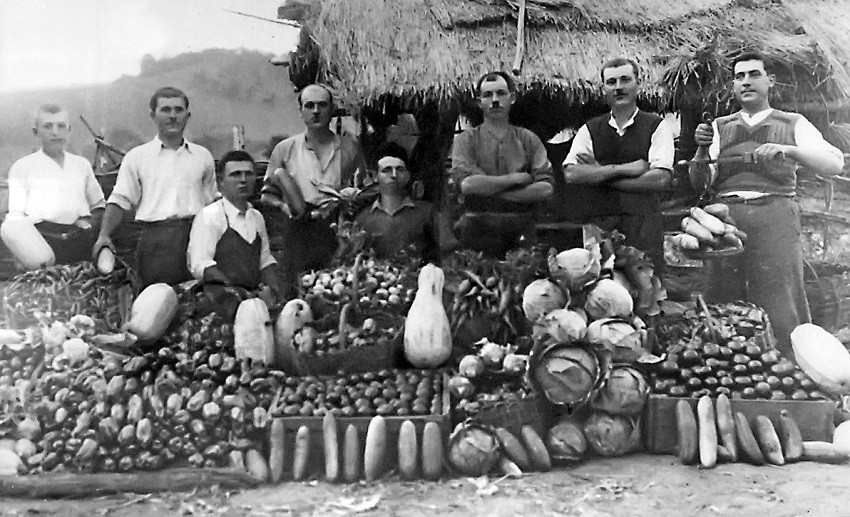
More than 800 digital nomads and entrepreneurs from 50 countries have arrived in Bansko for the 6 th edition of Bansko Nomad Fest – one of the biggest international events for remote workers. The festival, which is on until 29 June, offers a..
The Bulgarian Embassy in Brussels hosted a meeting of high school graduates from the Bulgarian Sunday School "Peyo Yavorov" with the team of the diplomatic mission in the Belgian capital. The goal of this meeting was for young people..
The Tvarditsa and the Church Rock Festival at the Zhrebchevo Reservoir kicks off tonight at 8 p.m. and will continue through the night. Organised once again by the Municipality of Tvarditsa, the event coincides with the celebration of July..
Three European bison calves were born in the Eastern Rhodopes during the past few weeks, the Rewilding Rhodopes foundation has announced. They are the..
Earlier this week the parliamentary Committee on Policies for Bulgarians Abroad examined the case of the association "Cultural Alternative Tsaribrod" - a..
In the centre of Varshets a new singing fountain now rises. The modern landmark has transformed the central square, quickly becoming a favourite venue..

+359 2 9336 661
